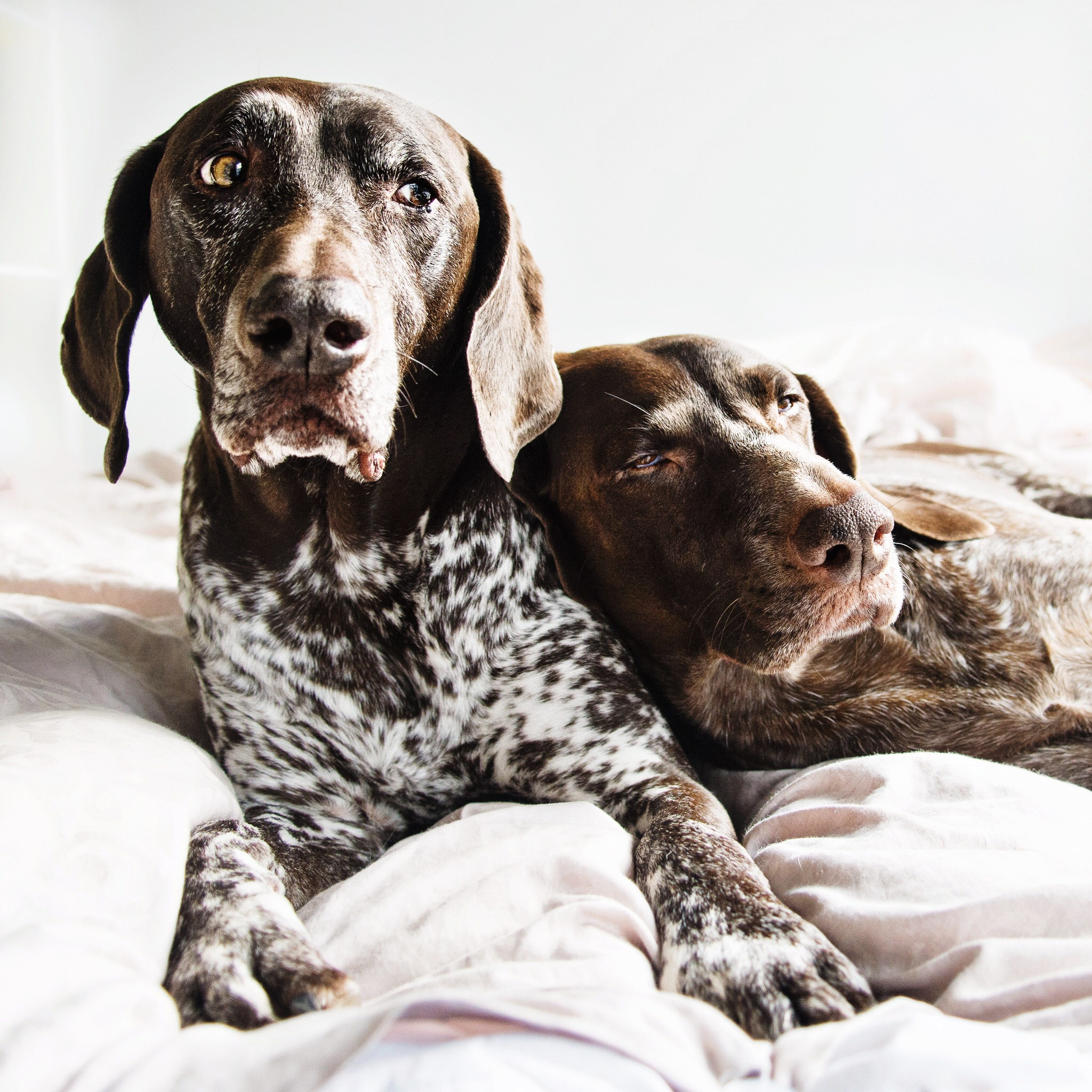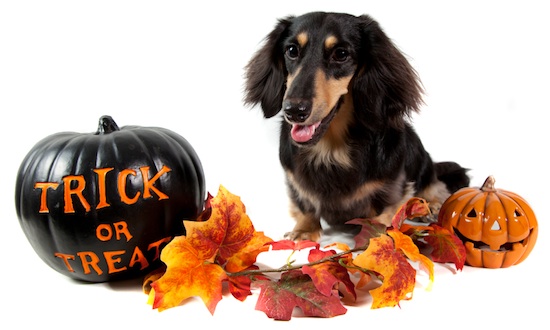It’s All in the Name. Your Dog’s Name That Is!
March 5, 2014
Your dog’s name. Some people agonize over it, some just choose any name – does it really matter in the long run?
The name you choose is important. Very important. It is perhaps the single most important word in their vocabulary. However it’s not important in the way you may think. What is important about a name is that it tells your dog that you are addressing him specifically, it is an attention-getter, and when used properly, it can ready your dog for a command to follow.
Choosing a Name
When choosing a name for your dog, you need to consider how easily it rolls off your tongue. Generally two-syllable names work best.
Avoid names that are similar to a family member’s or another pet’s name – your dog will get confused. Dogs don’t really understand names as humans do – for them, the names Silly, Willy and Billy would all be the same, and they’d respond accordingly. Choose something unique, yet easy to say in any situation.
Once chosen, be consistent, don’t change the name, or call the dog by a nickname. It’s easy to see how that would confuse your dog, and make training nearly impossible.
Teaching Name Response
After a lot of thought, you’ve come up with the perfect name – what’s next? How do you actually teach the dog that this perfect name is his, and his alone?
Your dog exists in a world filled with human speech, most of which has no meaning to him. It’s important to take the time to teach your dog his name, and that he should respond when it is spoken.
When first teaching his name, use something to gain his attention – a treat, or a squeaky toy. Say his name as you offer the treat and reward him for his attention. The same goes for the squeaky toy – use it to divert your dog’s attention to you by squeaking the toy so he looks at you while you are saying his name. You can also speak in a sing-song, higher pitch than normal, say his name while clapping your hands, or make “kissy” noises after saying his name – anything that will divert his attention to you. In doing so, in no time at all your dog will respond to his name, and will associate it with “hey that’s me”, and his attention will shift to you when his name is spoken.
You want your dog to associate his name with good stuff – a treat, a toy, or petting – never scolding or punishment. If you say his name and then scold him, how likely is he to want to pay attention to you next time? Will he react quickly if he’s experienced you yelling at him after saying his name? The answer is obvious, so keep it fun and rewarding to respond to his name.
Commands and Training
Once your dog has mastered his name, you’ll be able to add other commands to his vocabulary. A few important ones are “sit,” “down” and “stay.” These simple commands teach your dog self-control and could possibly save his life in an emergency situation. Always remember that saying your dog’s name does not mean “come” – it means “look at me and wait for the command.” There are some situations where it would be dangerous for your dog to run to you simply because you said his name. Teaching him the difference could save his life.
The correct way to command a dog is to say his name first to get his attention, followed quickly by the action you are expecting. “Fido, SIT” is correct – “Sit Fido” is not. You must get the dog’s attention focused on you before giving a command, and saying his name is the proper way to do that. As with most things, patience is key. Practice until you get the response you want, then step it up a notch, and add distractions. Start small with mild distractions, and as your confidence in your dog’s response grows, add more distractions, until you know without a doubt that your dog will not only respond, but will obey.
Choosing your dog’s name can be fun, and you can be creative with it, or you can choose an old standby such as Fido or Rover. Your dog’s response to his name is vital to training. Your well-trained dog can become a first-class citizen, known by his unique name to all who meet him.






